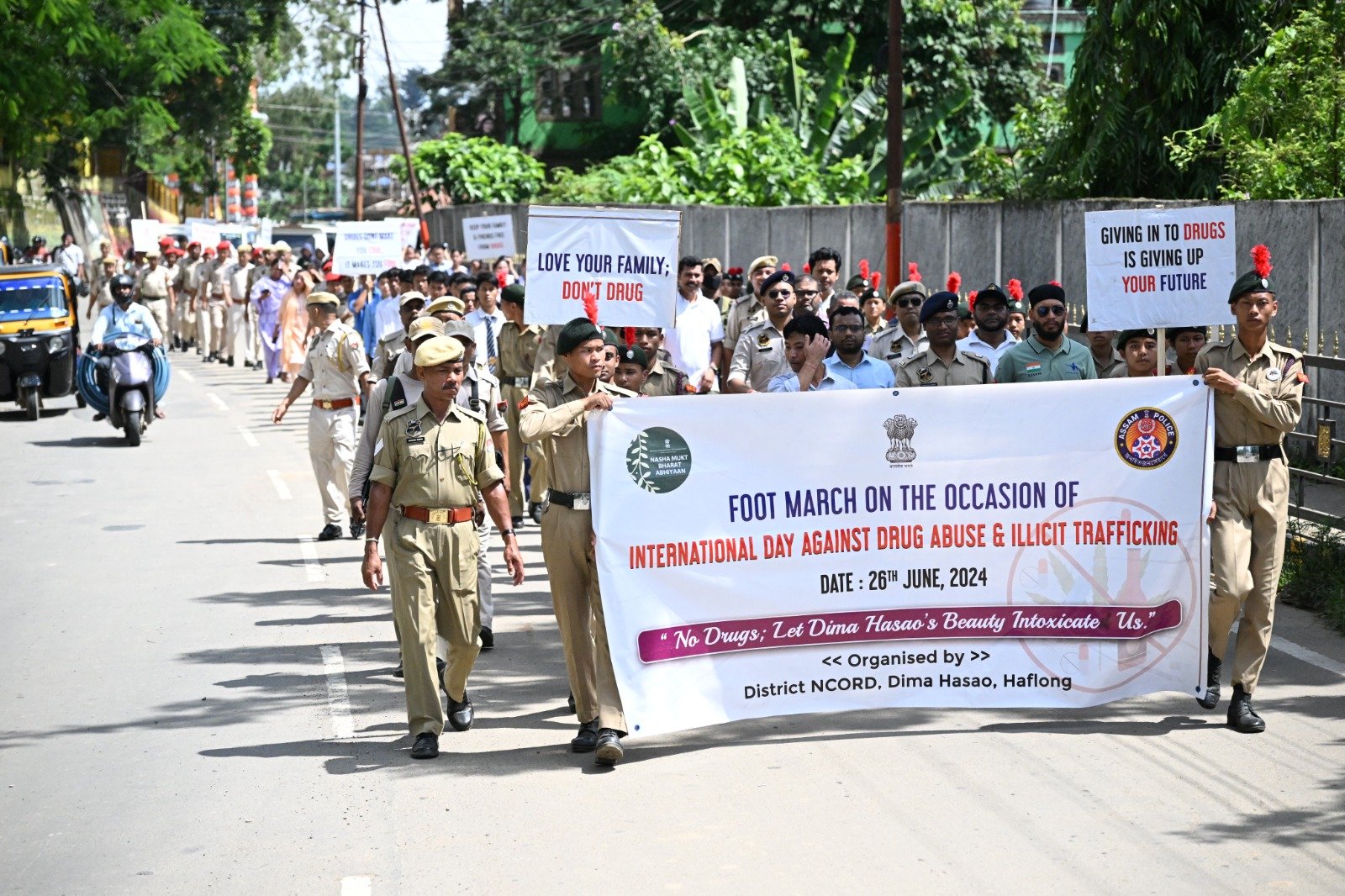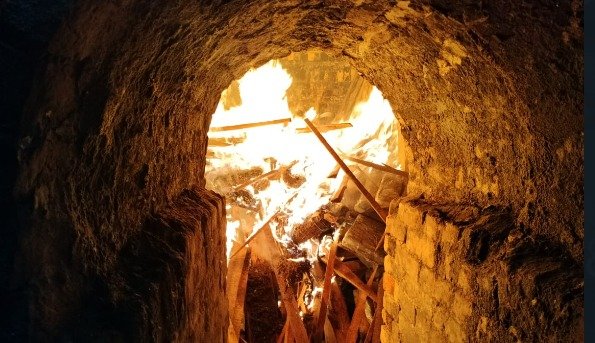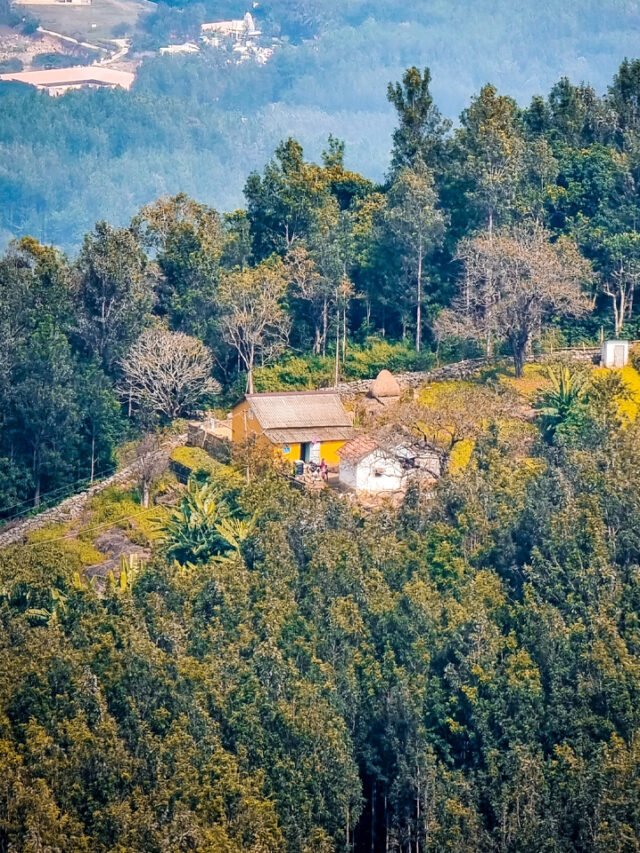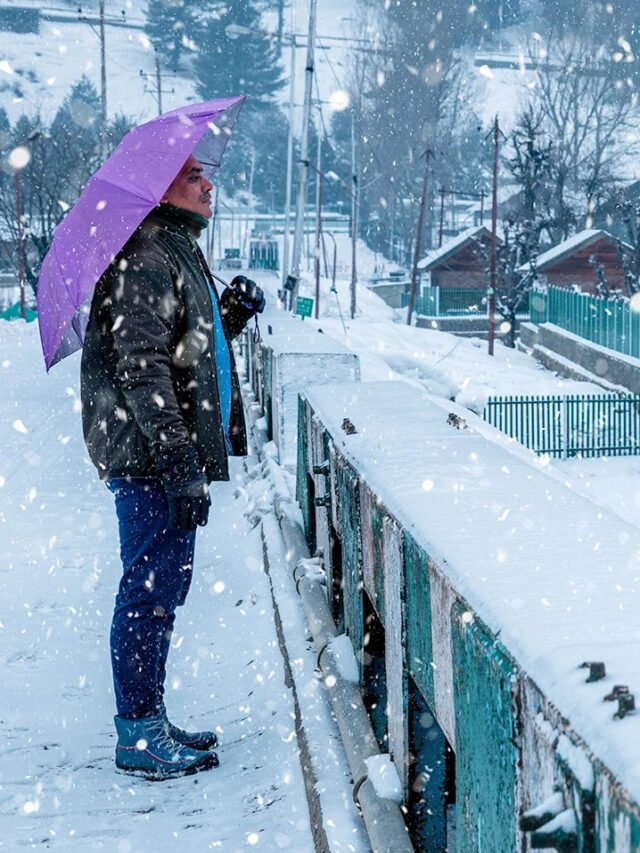HT Bureau
GUWAHATI, June 27: Marking the International Day Against Drug Abuse and Illicit Trafficking, observed globally every year on June 26, the Railway Protection Force (RPF) of Indian Railways reiterated its commitment to combat the rising threat of narcotics smuggling through the nation’s railway network.
According to an official statement, the force reaffirmed its mission to safeguard the youth and the country from the devastating impact of drug abuse, using a multi-faceted strategy under its ongoing nationwide campaign “Operation Narcos”.
The RPF’s observance of the day this year came amid growing global concern over drug addiction and trafficking, with the United Nations Office on Drugs and Crime (UNODC) reporting that around 296 million people used drugs in 2021—an alarming 23 per cent increase over the last decade.
In India, the railway system’s vastness, accessibility, and affordability make it a frequent target for smugglers who attempt to exploit its reach for transporting narcotics across states.
Traffickers often use unreserved compartments, sleeper coaches, parcel vans, and even individual passengers as unwitting carriers, creating a complex enforcement challenge.
Despite this, the RPF has remained alert and adaptive, working consistently to close these gaps in security.
Under Operation Narcos, launched to intensify anti-narcotics operations, the RPF has made remarkable progress. In 2024 alone, the force seized narcotic substances valued at over ₹220 crore and arrested 1,388 individuals involved in drug trafficking.
The trend has continued into 2025, with seizures worth over ₹68 crore recorded in just the first four months of the year.
The official statement noted that the RPF has deployed a wide array of tools and strategies to strengthen its crackdown. Regular and surprise checks on trains, platforms, and parcel facilities have become routine.
Special surveillance teams, undercover officers, and sniffer dog squads are stationed at high-risk locations to monitor and intercept drug trafficking attempts.
Technological support in the form of CCTV surveillance, body-worn cameras, and handheld scanners has enhanced the RPF’s operational efficiency.
The force also works in close coordination with other key agencies, including the Narcotics Control Bureau (NCB), Government Railway Police (GRP), state police forces, and other law enforcement bodies to share intelligence and carry out joint operations.
These collaborative efforts have proven critical in dismantling trafficking networks operating through the railway system.
Beyond enforcement, the RPF continues to place emphasis on public awareness.
Through regular outreach and sensitisation campaigns, passengers and railway employees are educated about the signs and dangers of drug trafficking and abuse. The force actively encourages citizens to remain vigilant and report suspicious activity, reminding them that the fight against narcotics is not just a law enforcement responsibility but a collective societal challenge.
The official statement underlined that while the RPF has made substantial headway in curbing the misuse of the railway network for drug smuggling, the long-term success of such efforts will depend equally on public cooperation, awareness, and proactive vigilance.
It urged the public to recognise drug trafficking not only as a criminal offence but as a profound threat to public health, youth welfare, and national integrity.
By observing the International Day Against Drug Abuse and Illicit Trafficking with this renewed call to action, the Railway Protection Force signalled its unwavering commitment to a drug-free society and reaffirmed its role as a key line of defence in the national battle against narcotics.












